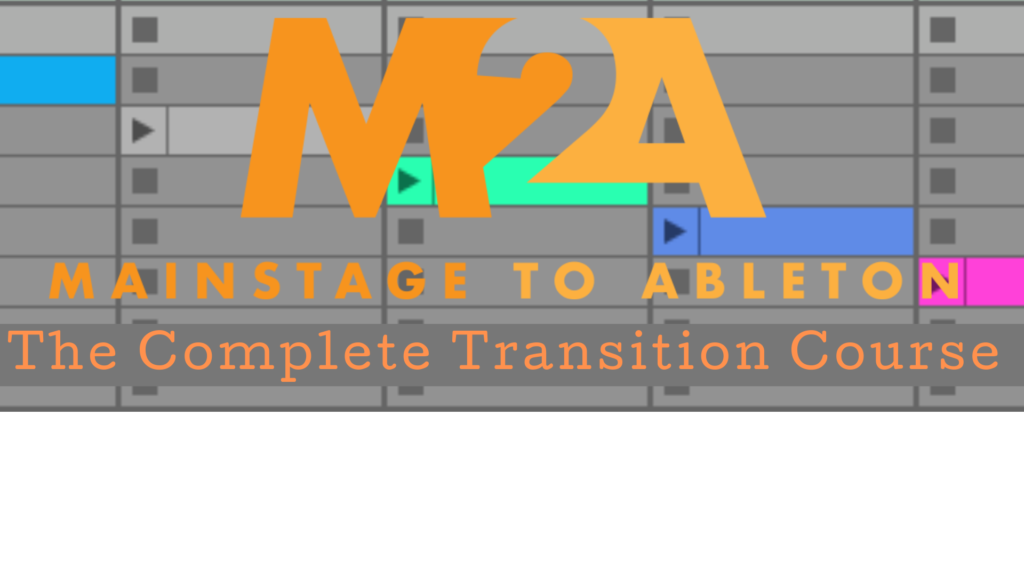While there is some room for opinion here, this is a question I have been reflecting upon for a while, and I think these thoughts will be helpful in becoming the best keyboardist you can be.
Great Keyboardists Are Prepared
Who doesn’t love it when someone you are working with shows up confident, ready to go, and well-rehearsed.
No one.

Be the person who “wows” people not with sheer talent, but with proper preparation.
In a more concrete fashion, arrive at rehearsals and/or shows…
- Knowing every song thoroughly (memorized is always best, but no one can fault you for reading a chart if you need to, especially if it’s not distracting)
- With proper patches of equal volume.
- With a live set up that works for you, so you can quickly make needed changes, or adjust to match what is happening at the moment.

If you need help preparing, it’s worth checking out my Mainstage To Ableton E-course, where I talk a good deal about how to do this well.
Great Keyboardists Are Musical
Playing in any group context means that it is not about you.
It’s about serving the music and the band you are playing with. Keeping your priorities straight here will always result in a great product.
For me, this means:
- Listening to others, and adjusting some (not all) of your playing choices to fit the moment.
- Knowing your musical place in a band and choosing small spots to pop out.
- Play to make everyone sound good. (Play bold but with humility, remembering you are only a piece of the whole sound)
Great Keyboardists Execute Parts Well
Learn the important parts of your song well.

This might sound obvious, but a little intentionality here goes a long way here, and it falls into two categories:
Part Learning and Patch Preparation
No one wants to hear “Take On Me”, without the lead synth line.
Similarly, if you are playing that song, your patch should match the recording. Since it is so well known, it will be quickly heard if it is off.
If you give the listeners, and your bandmates what they expect to hear, they will come to trust you as a person who creates high-quality work.
Who wants to work with people who produce high quality results?

Looks like thats everyone.
A Functional Live Keyboard Set Up
A great live set up allows for spontaneity when necessary. A great keyboard player will have a set up that allows them to flow between songs, and even change things up mid-set.
That’s because they have invested some time into being able to control their instrument, which in our context, extends far passed the 88 keys.
It Doesn’t Happen All At Once
If you are reading this list and feeling overwhelmed pause for a minute.
You can do this.
Start small.
What you may feel you lack in skill can be made up in preparation.
Every time you prepare thoroughly you are building an arsenal of patches, techniques, and musical vocabulary that makes the next song, concert, performance, rehearsal, take less prep time.
As you take the time to deliver quality work, you are simultaneously expanding your capacity to deliver quality music.
Talent might get you started, but consistent growth and development will keep you going!
Did I Miss Anything?
Let me know what you think by leaving a comment below.

I think preproduction is a good start for a team to help newer keyboardists. In church worship, the producer role could be a certain person in the worship ministry or the worship leader depending on giftings. Outside of church, I would assume a musical director role could faciliate that. What’s your thought on that Brett?
Yes! Pre-production is extremely helpful. Both in the context of church ministry and outside of church ministry, a little foresight goes a long way. In a church context, gifting and capacity probably are the best indicators of who should handle that. Outside of that, a musical director all the way.
In recreational tiers of music, great leadership is sometimes overlooked. But if it exists, it gives everyone under that leadership a running head start.
When I am playing covers, I generally assume I am being asked to match the recording, but I think your comment is insightful in that not all worship pastors or music directors are going to want the performance to match the sound exactly.
I once played a wedding and we were doing a cover of Treasure by Bruno Mars. I assumed the recording was the guideline, and so I sampled the opening line of the tune, worked out all the keys parts, and programmed it to make it all transition well. When I got to rehearsal I found out we were doing a stripped back version. It ended up being a great arrangement, but if I knew ahead of time I wouldn’t have spent the time to learn the original parts.
Taking a good long think about WHAT you are trying to accomplish before you start working on it, is a good guideline for success. And if you are leading a band, doing some thinking ahead for the people you are working with will certainly not go unnoticed.